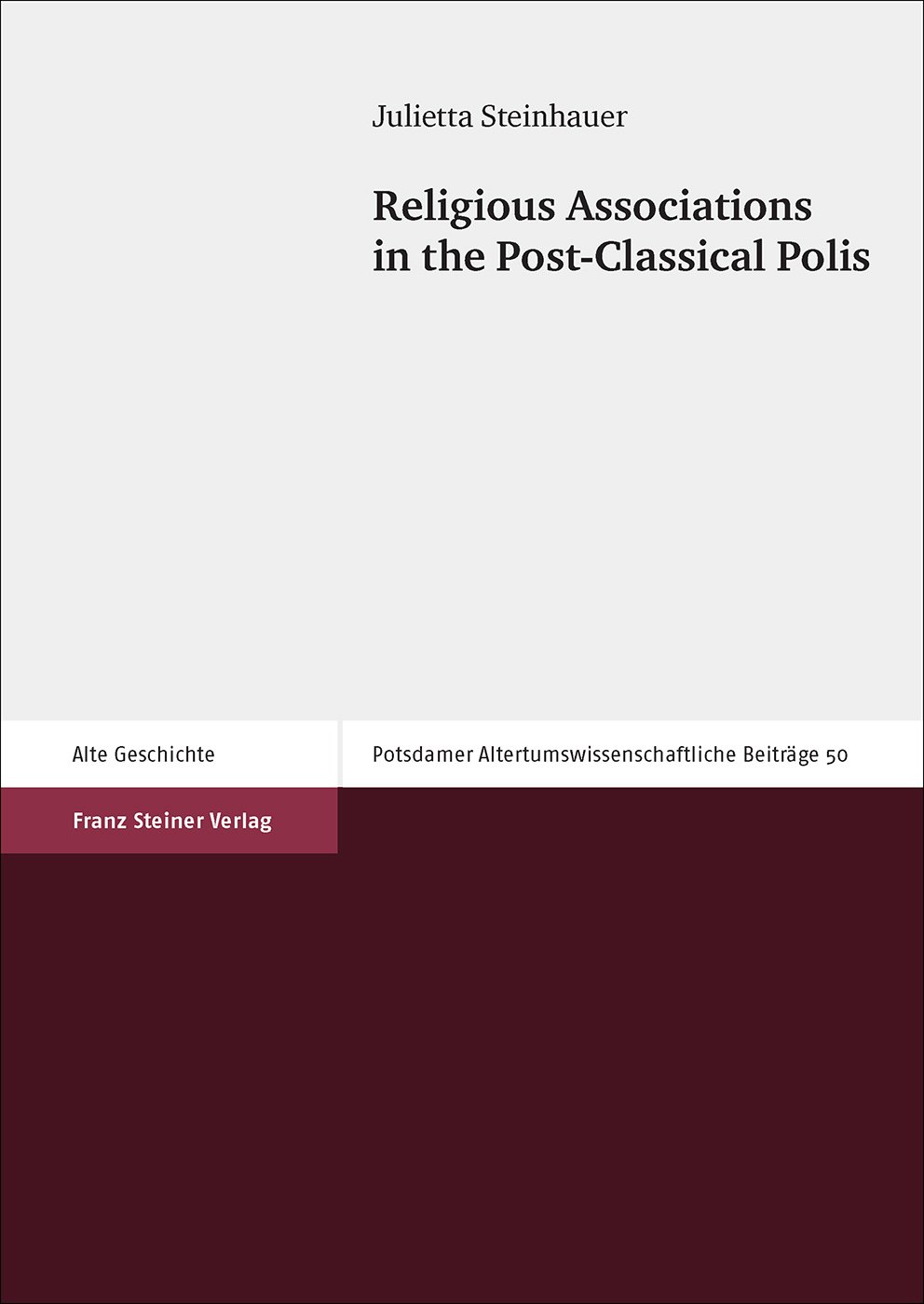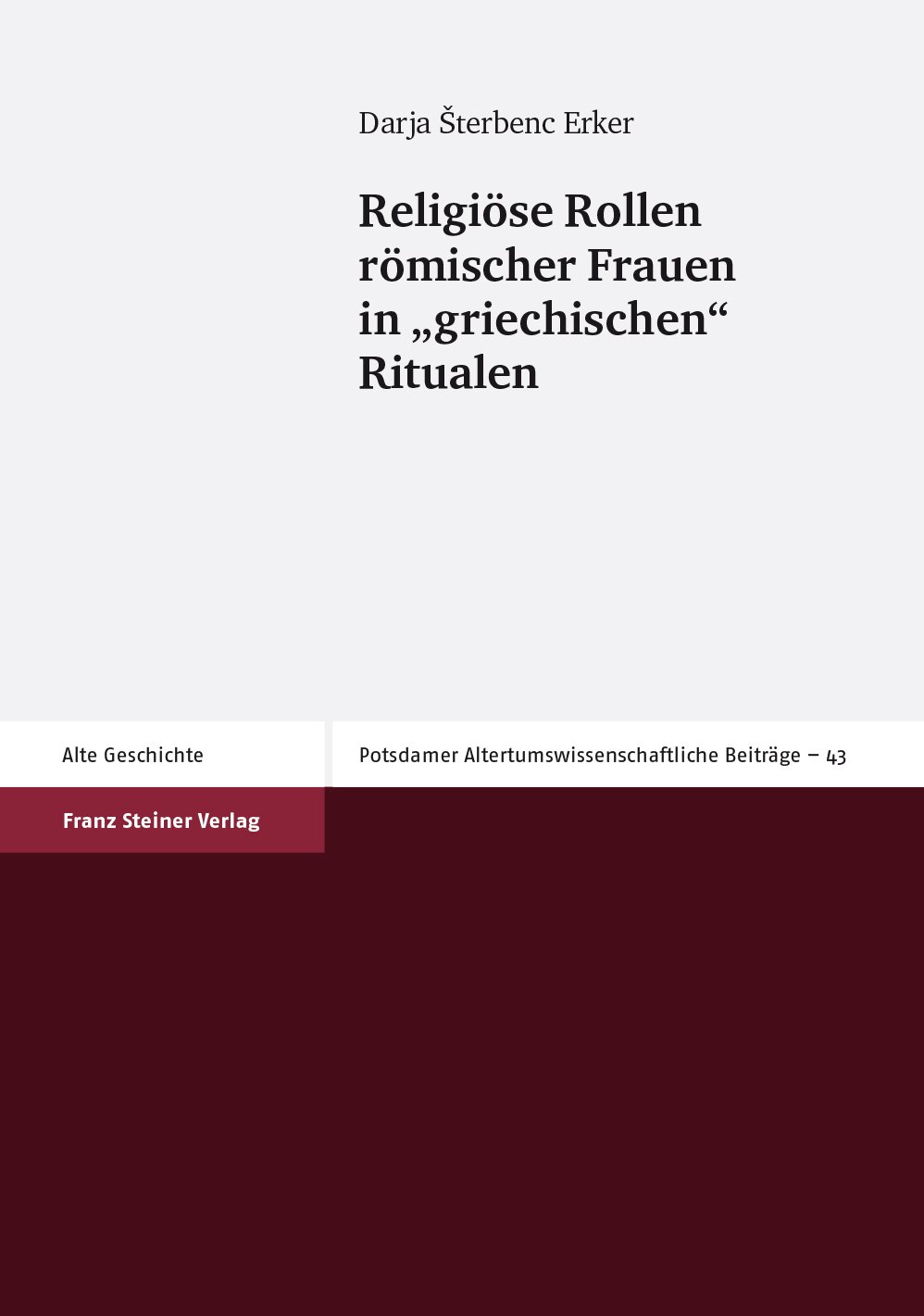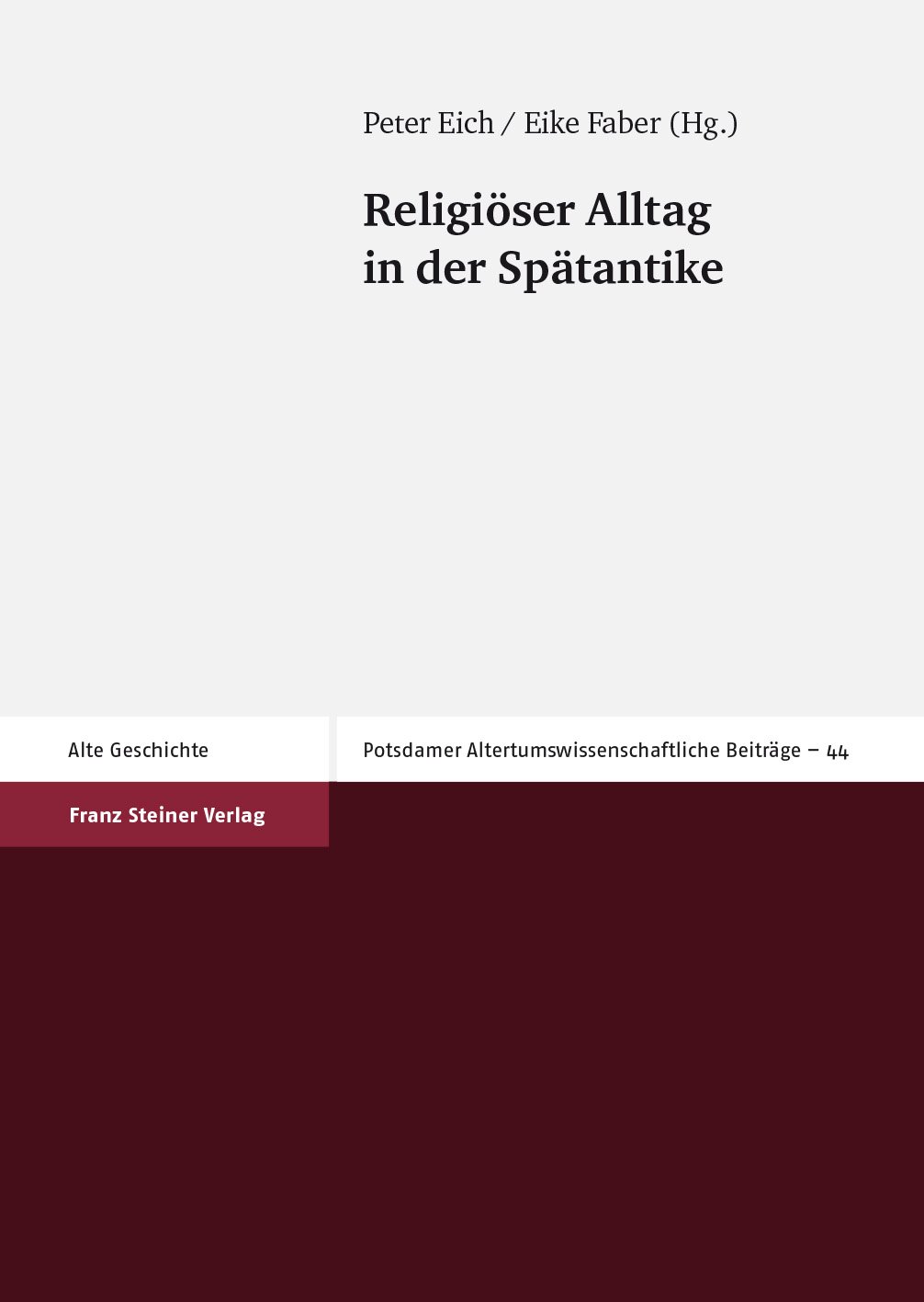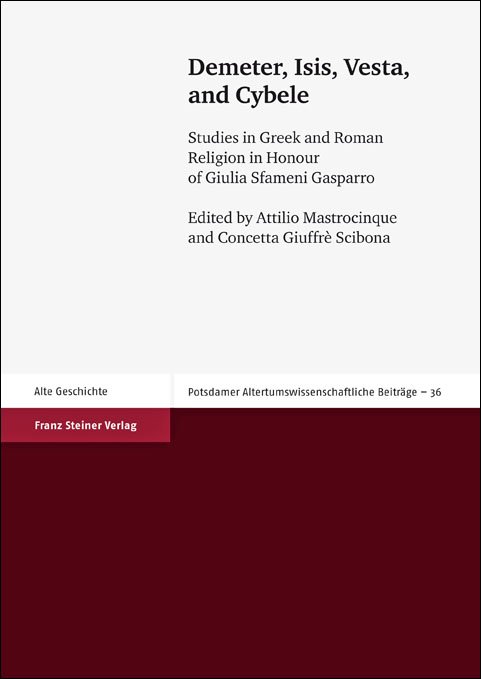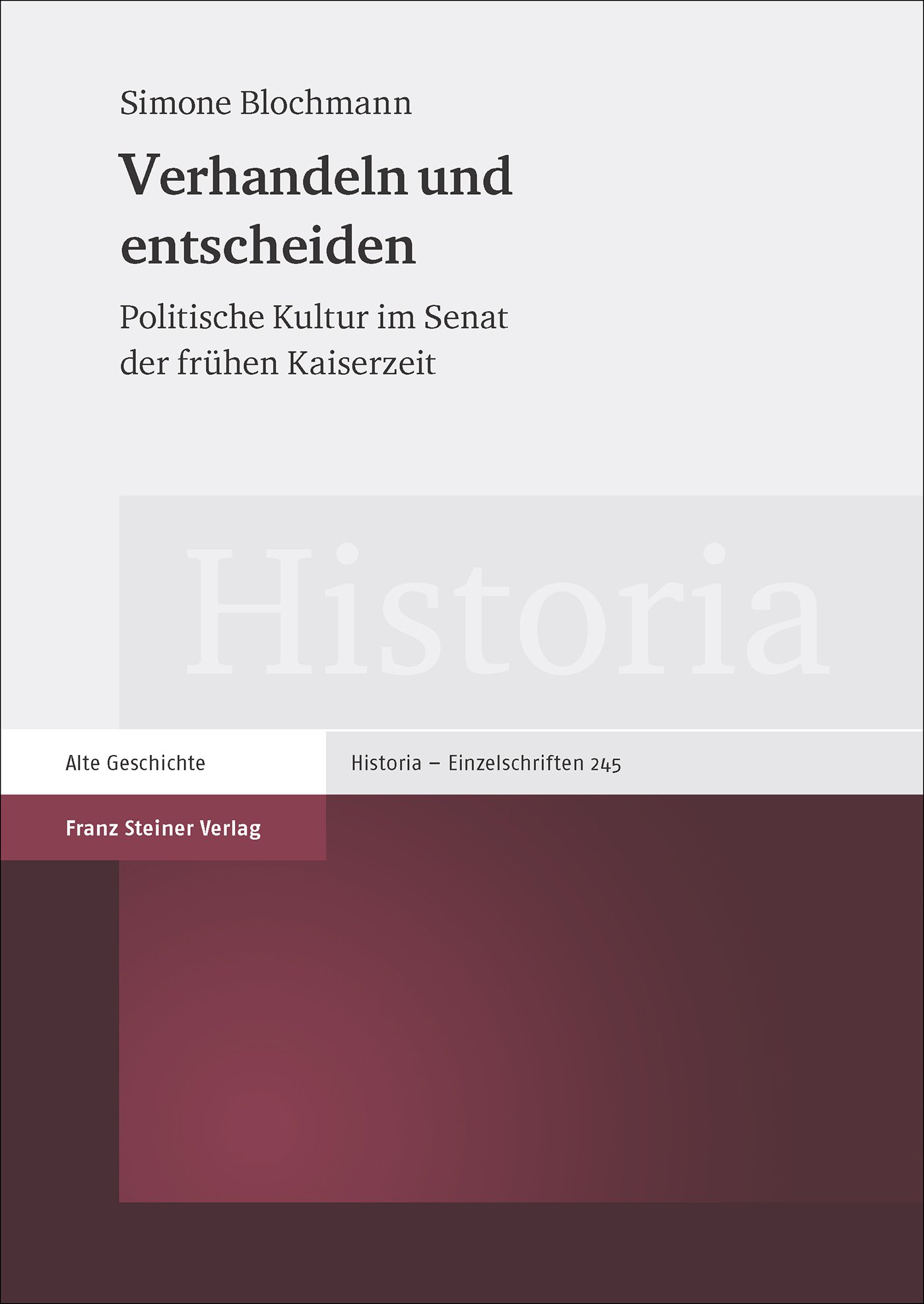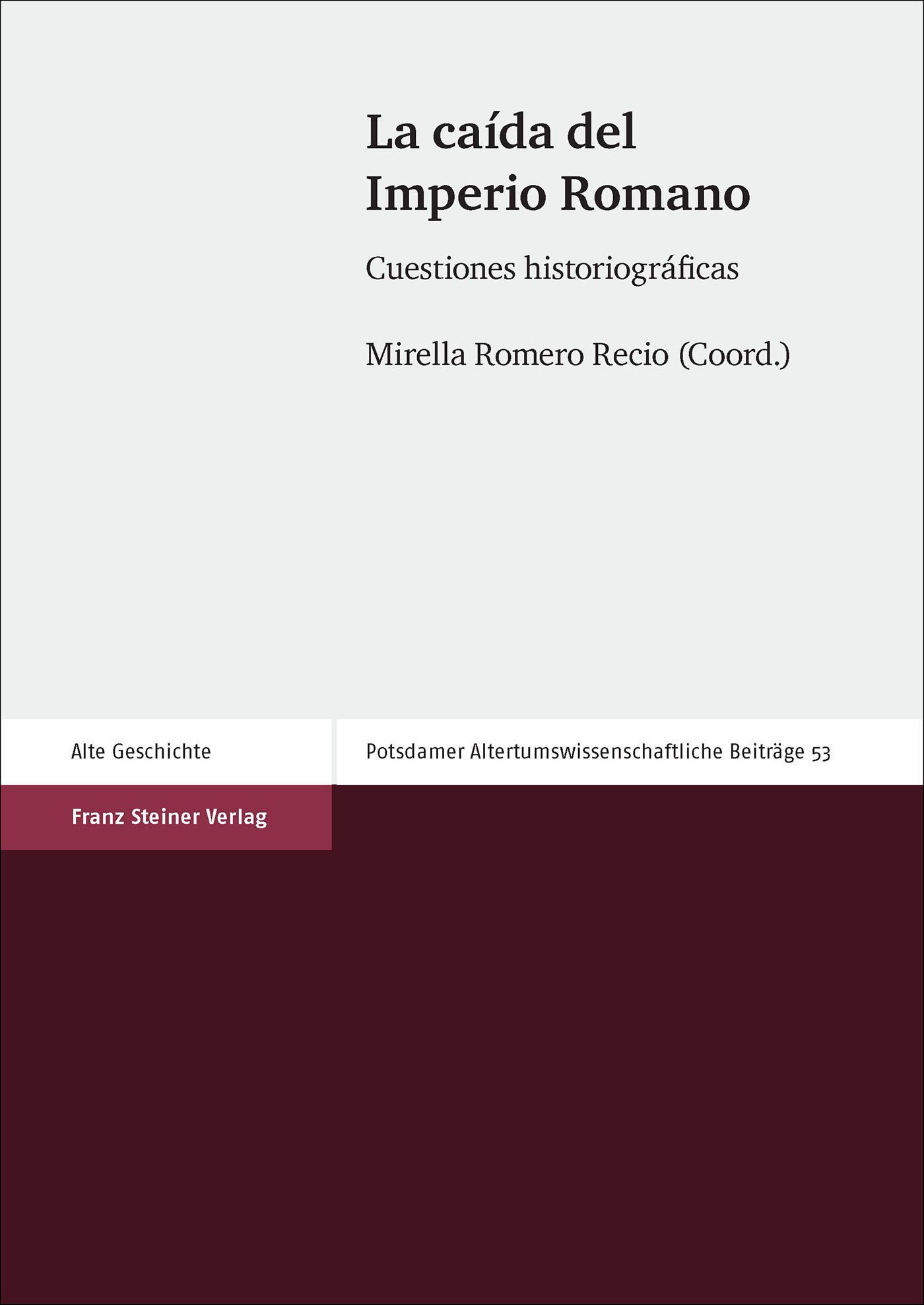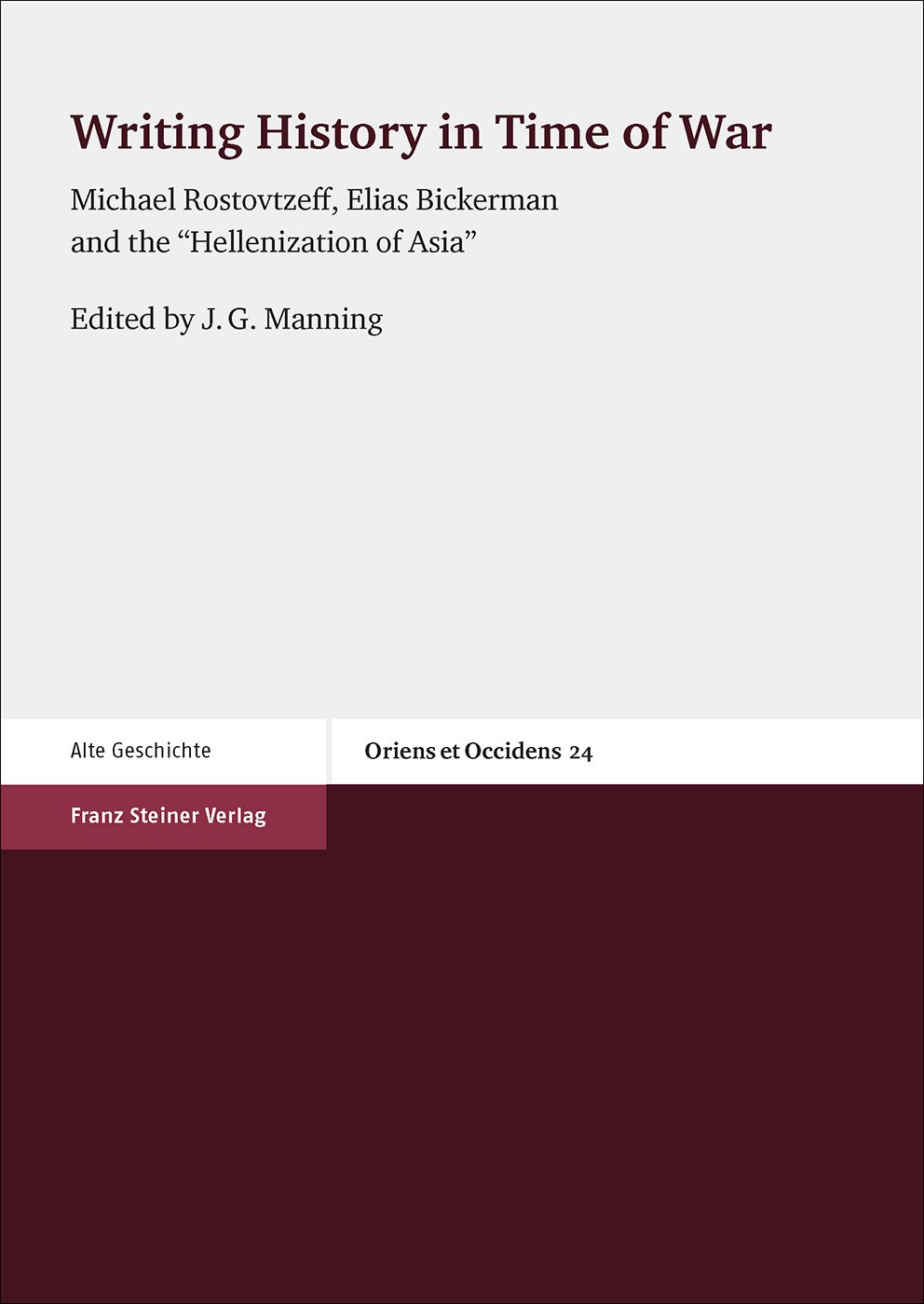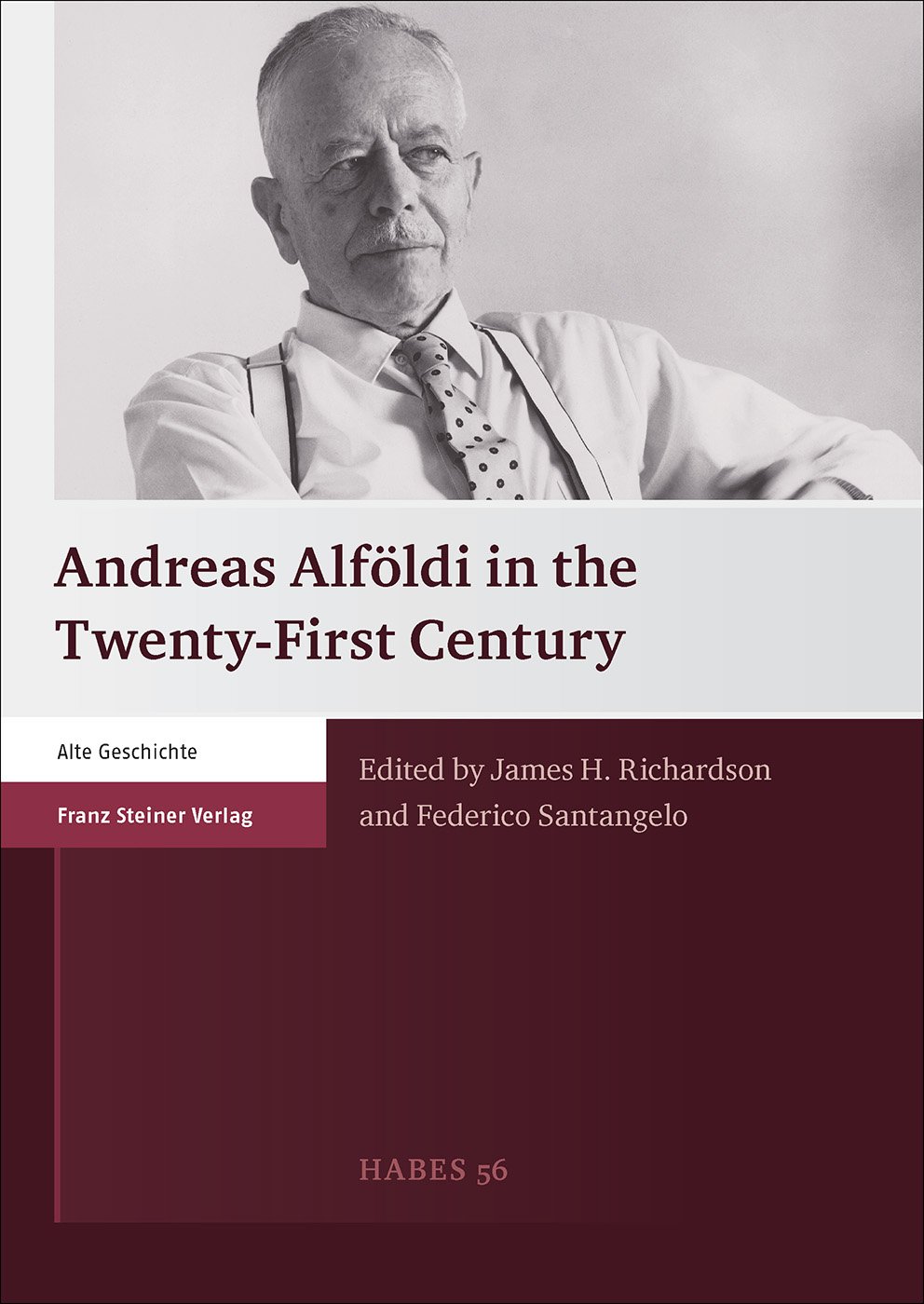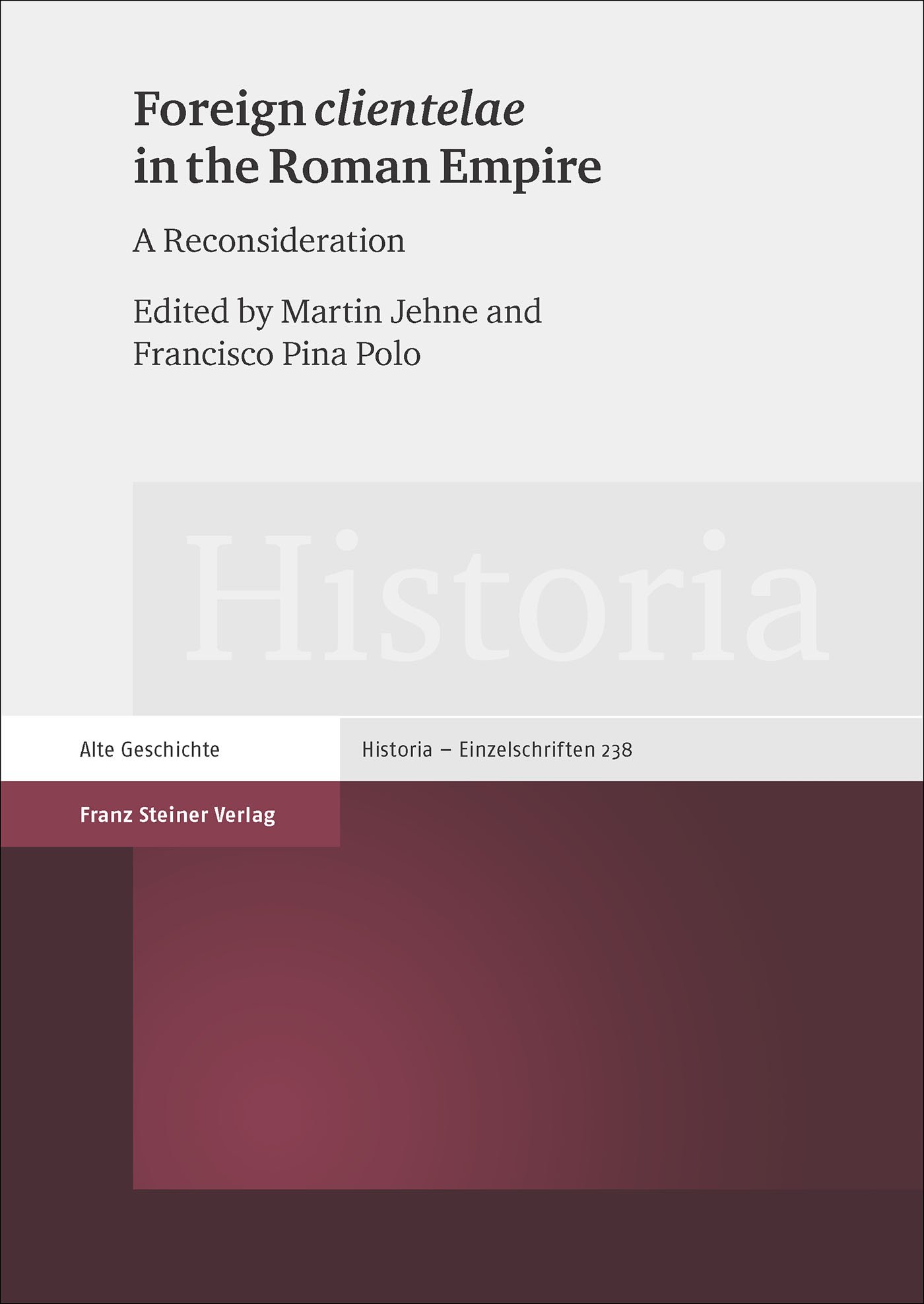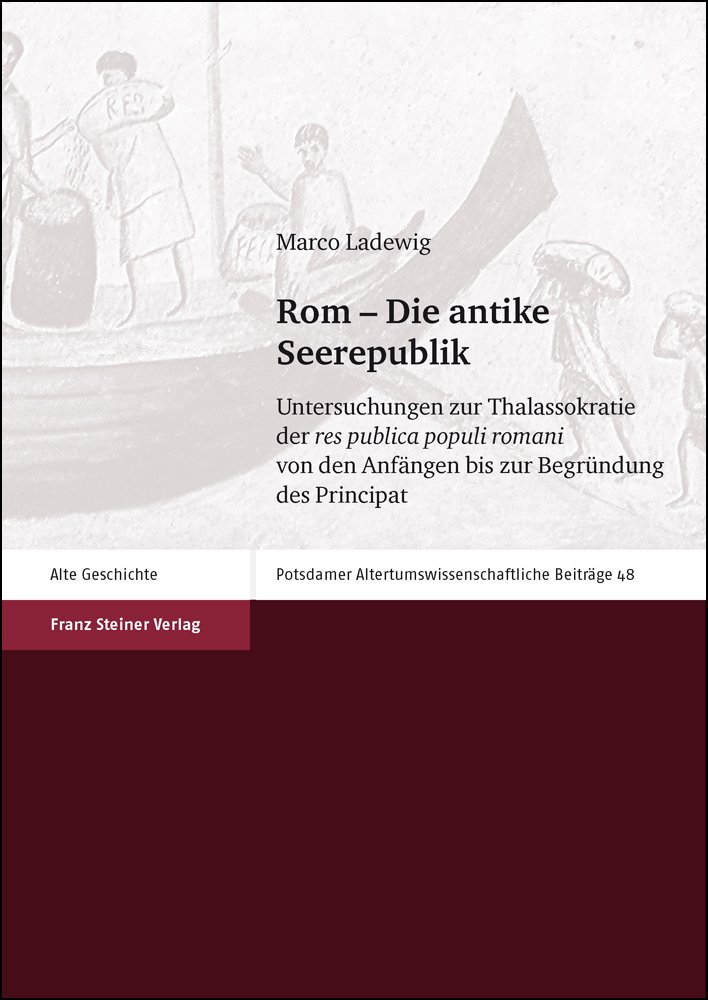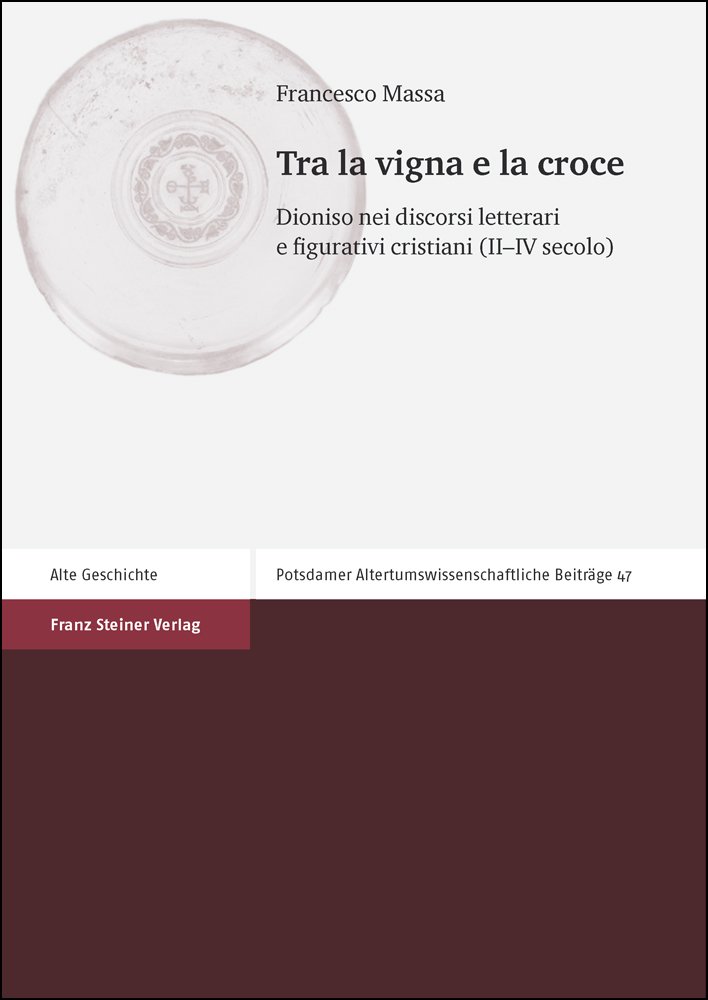Religious Associations in the Post-Classical Polis
This e-book investigates the development of religious associations in the Aegean world in Hellenistic and Roman times on the basis of epigraphic and archaeological evidence from major sites. It offers a socio-cultural examination of religious associations linked to a variety of deities at different places. Founding or joining a religious association was a matter of individual choice. But that choice took place in an environment dominated by more traditional forms of religious worship, many of them closely integrated into the polis. Julietta Steinhauer asks what let individuals to participate in religious associations of this kind. What made these associations popular among people from different social groups and ethnic backgrounds? Who might found a religious association, how did they do it, and why? Which deities were the most popular among the worshippers initiating such associations, and what were the reasons for their choices? Two case-studies investigating the evidence from Athens and Delos form the foundation of this e-book. One chapter is dedicated to the background of people involved in religious associations. The actual assembly places are considered from an archaeological perspective. Finally, a comparative chapter deals with the socio-political place of religious associations in the post-classical poleis of the Aegean world.
"In the burgeoning literature of Greco-Roman associations Juliette Steinhauer’s […] book is a welcome addition since it attempts to introduce an archeologically informed approach to religious associations."
Ilias N. Arnaoutoglou, Tyche 31, 2016
| ISBN | 978-3-515-10869-0 |
|---|---|
| Media type | eBook - PDF |
| Edition number | 1. |
| Copyright year | 2014 |
| Publisher | Franz Steiner Verlag |
| Length | 189 pages |
| Illustrations | 18 b/w figs. |
| Language | English |
| Copy protection | digital watermark |
